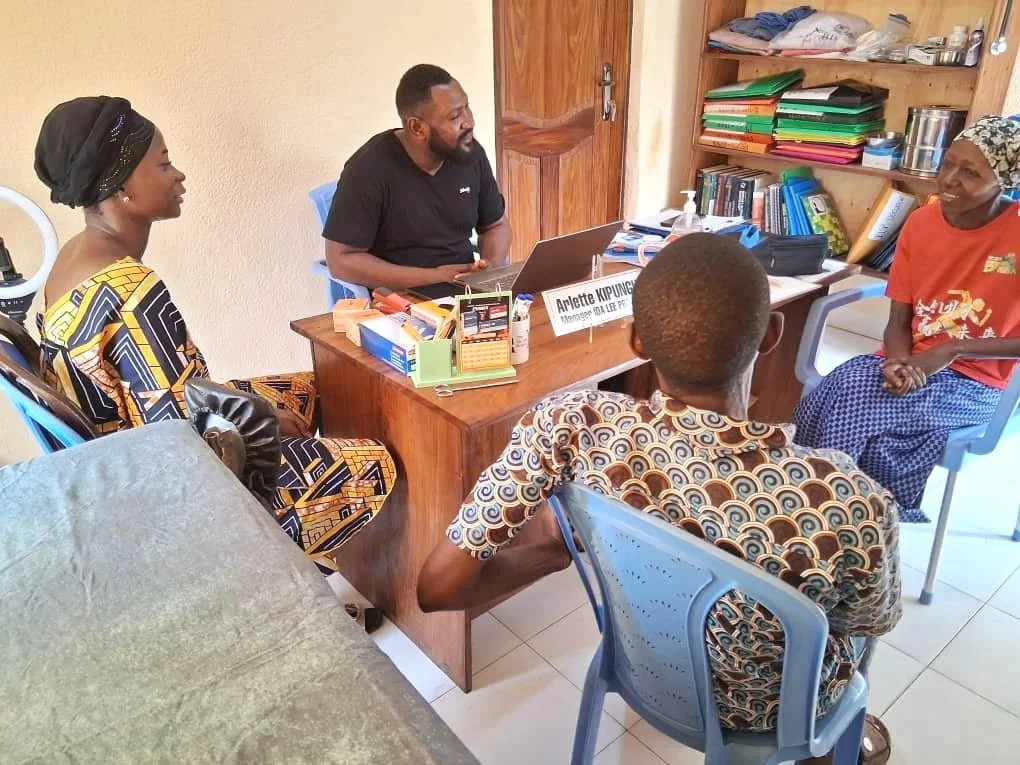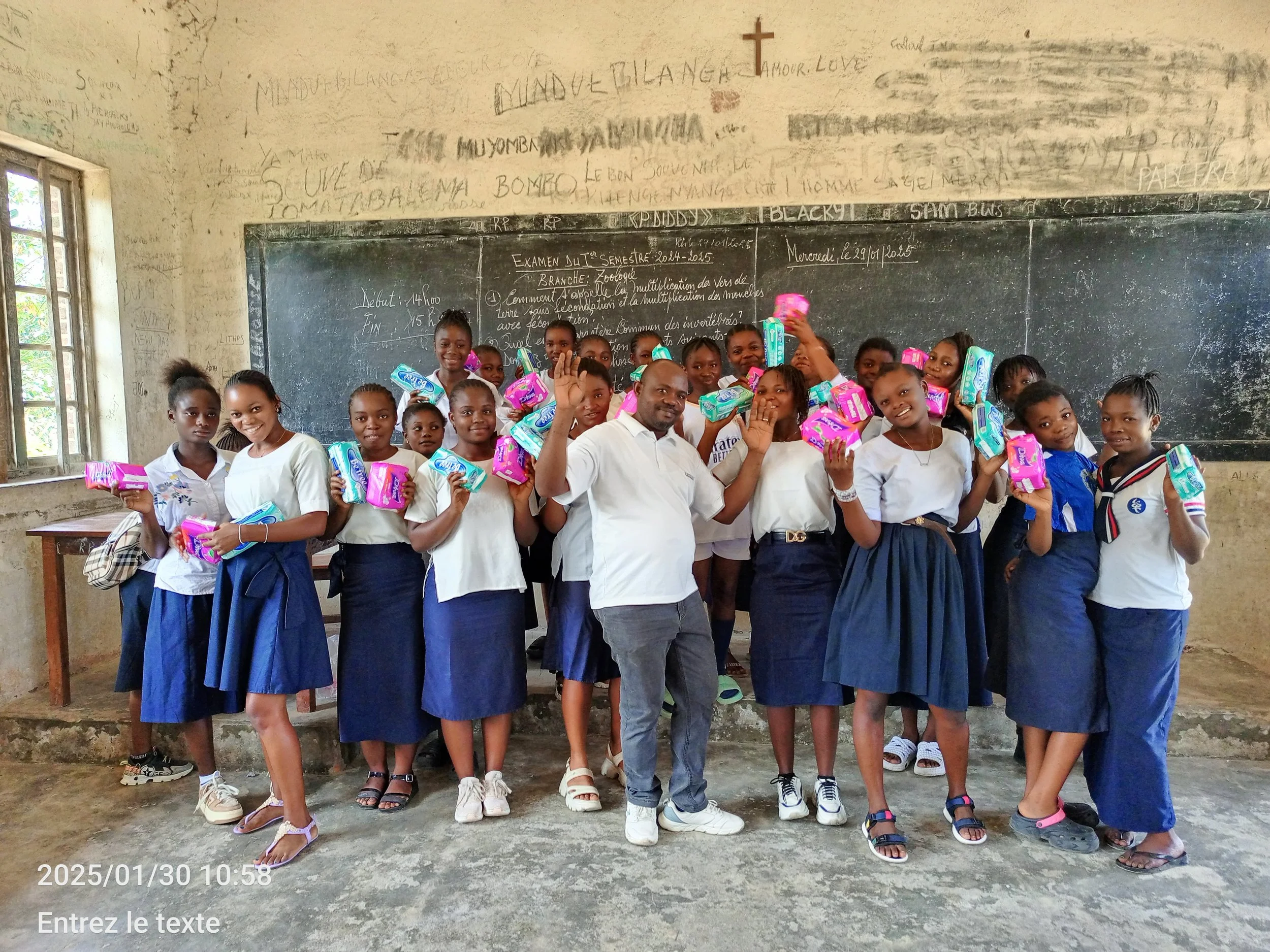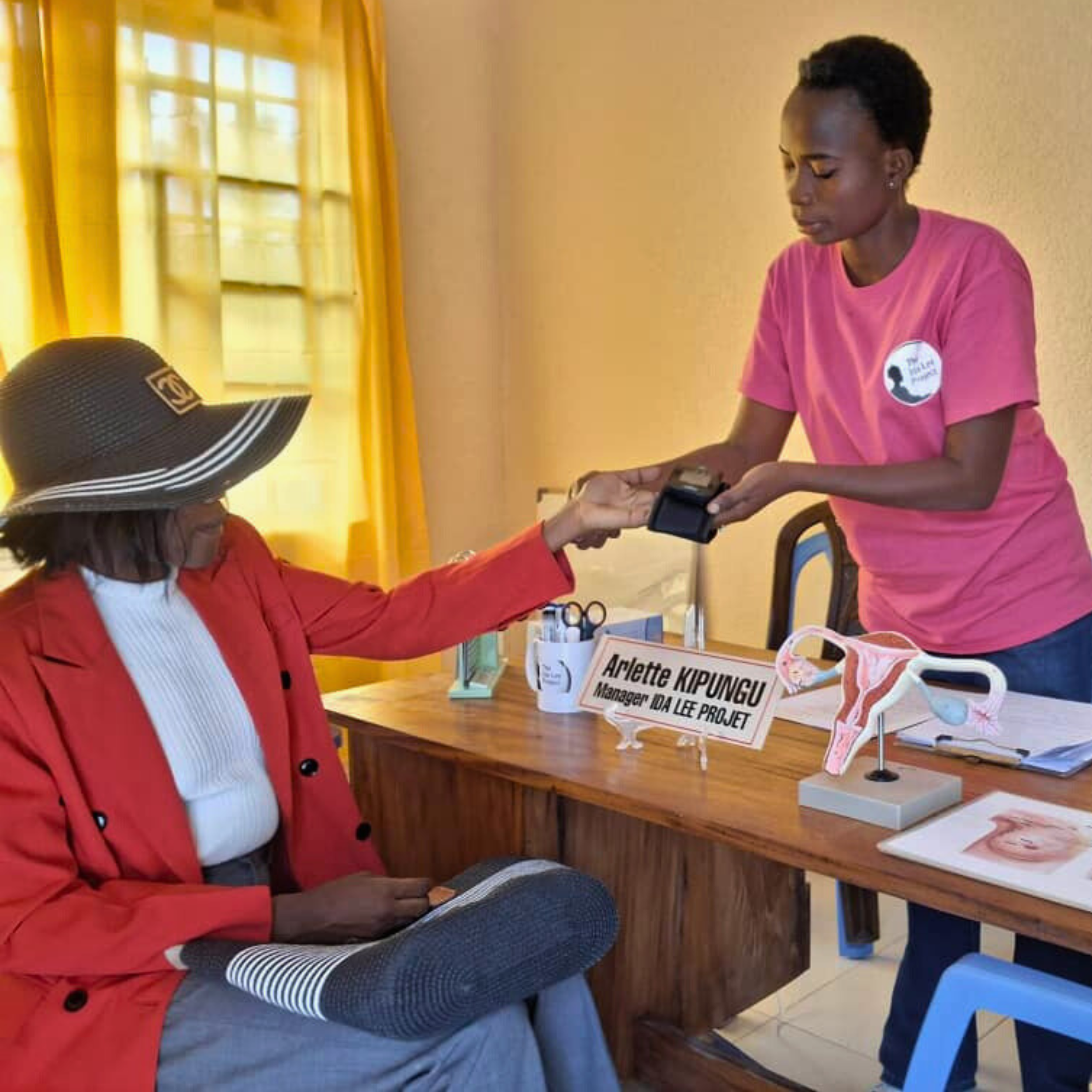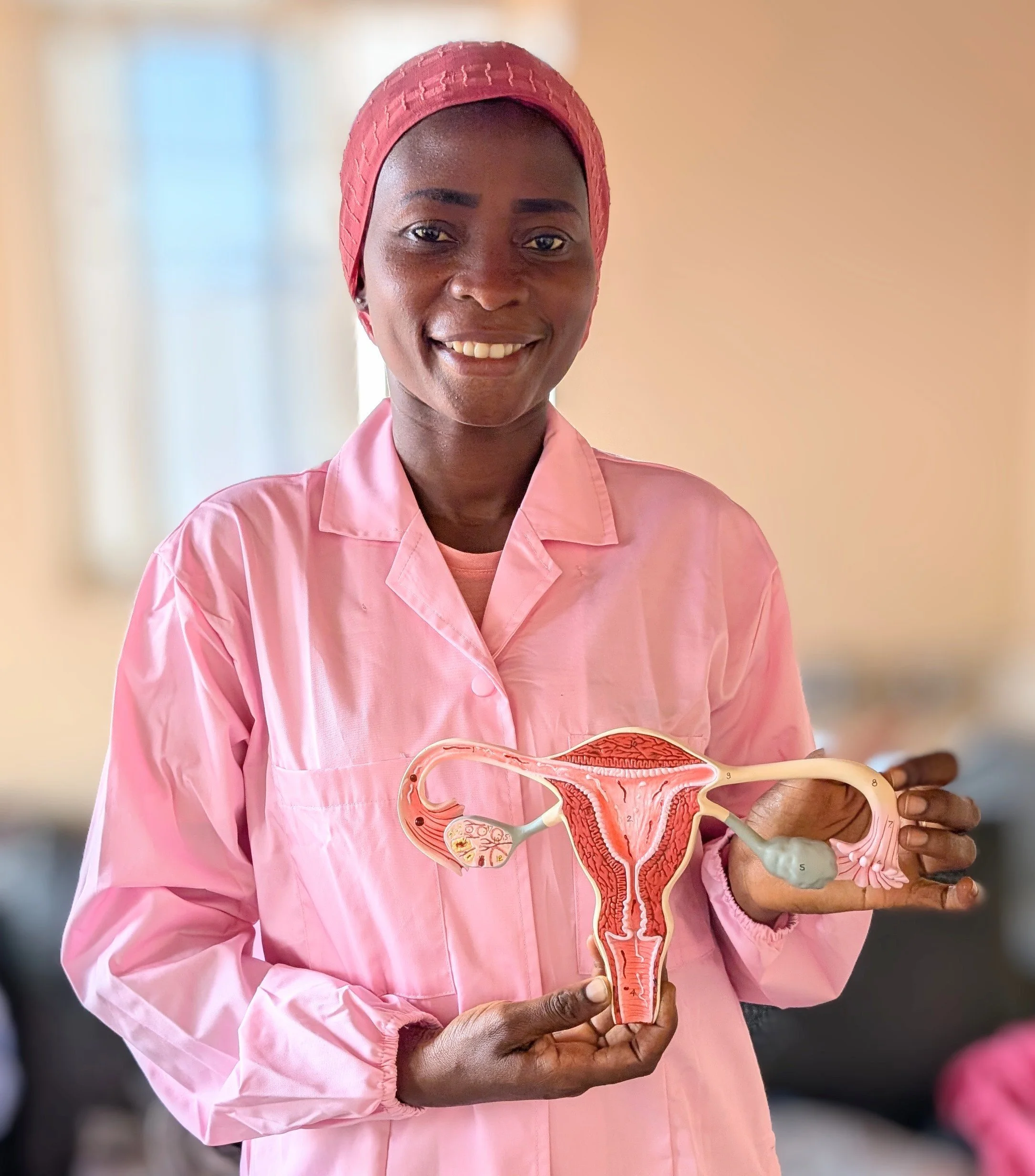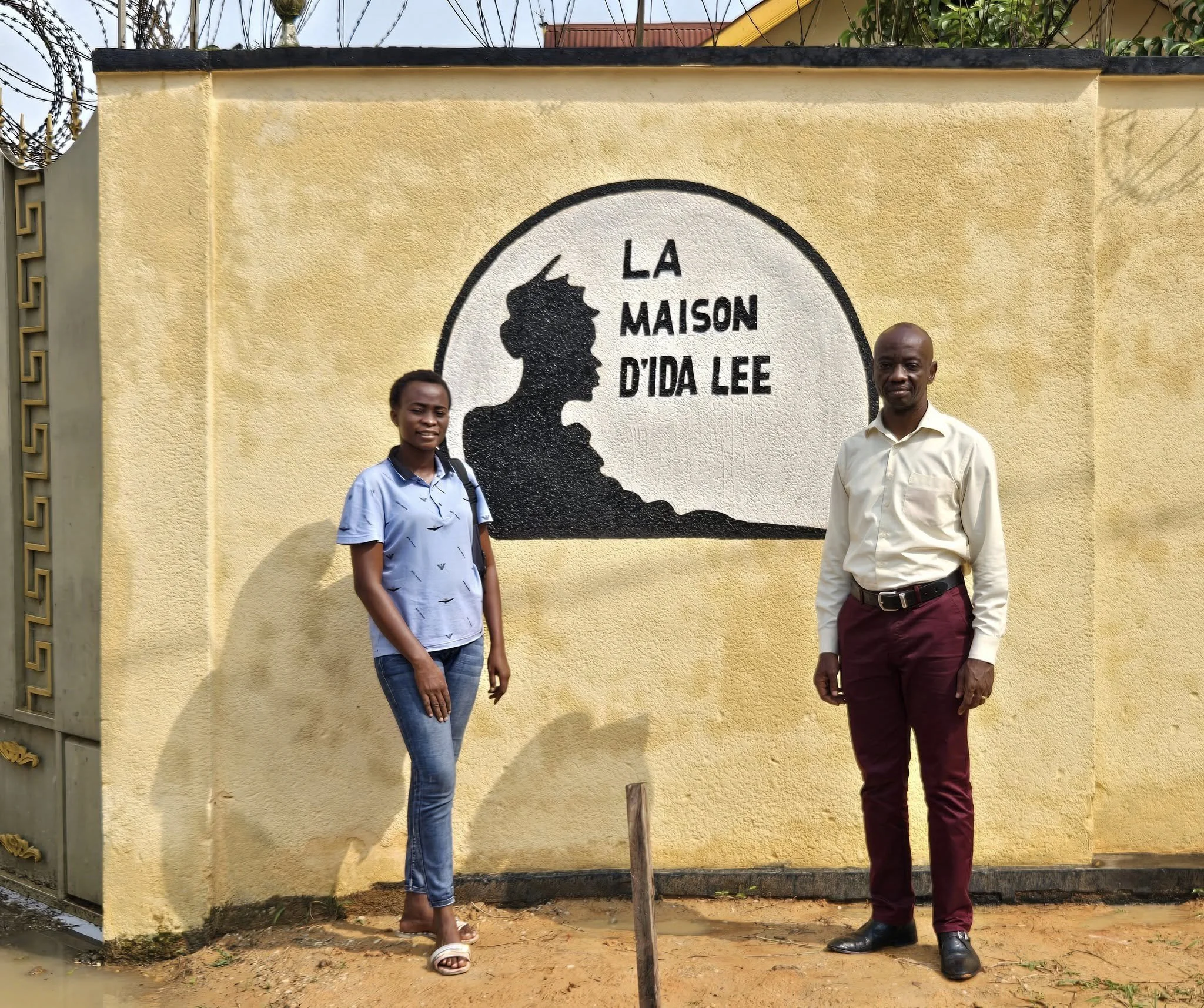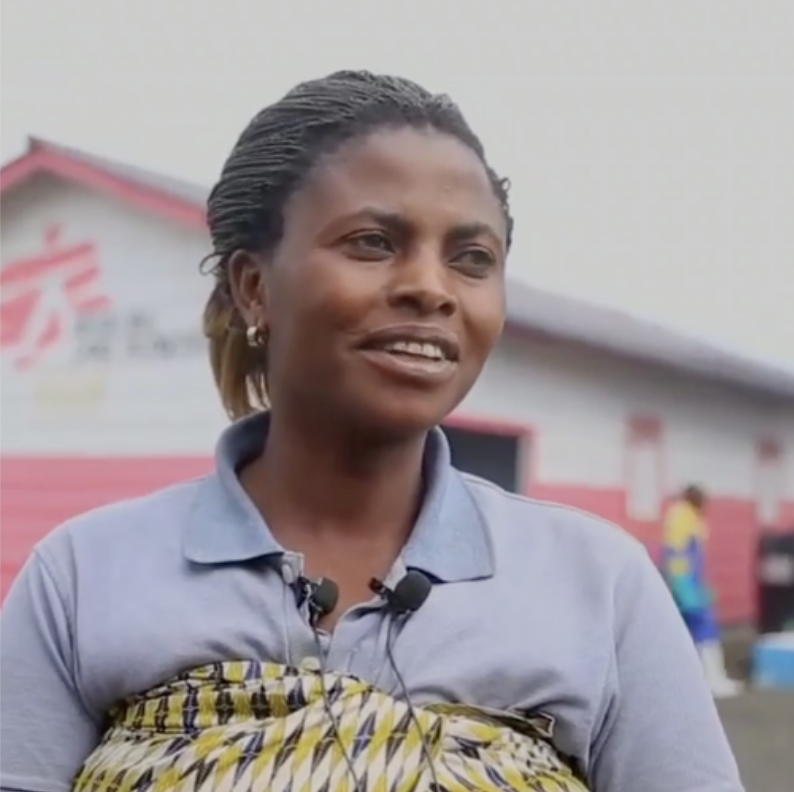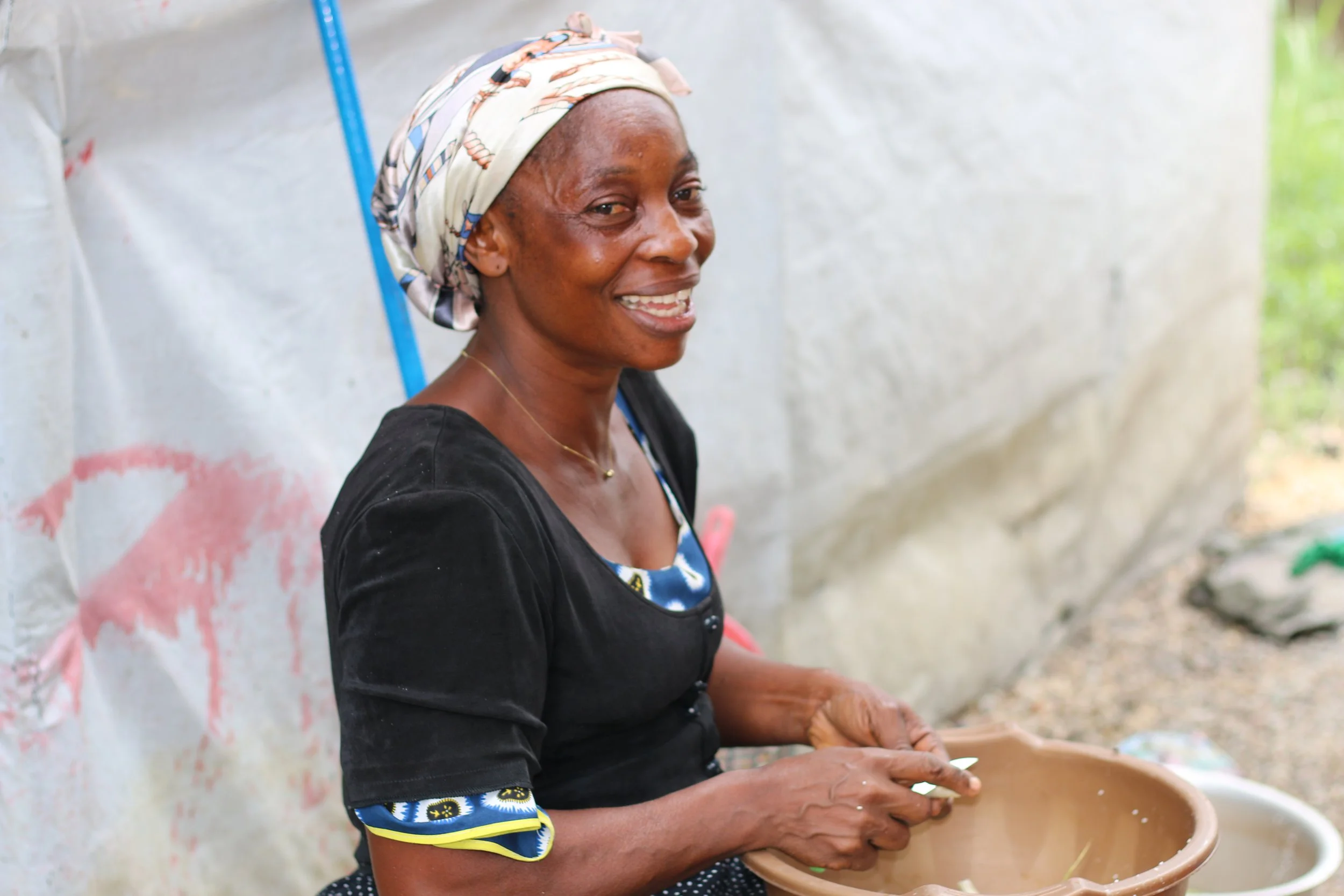
Health, care & future for women of the DRC.
The Ida Lee Project (ILP) provides quality reproductive health screenings, treatment and education for women without access in the Democratic Republic of the Congo.
Founded in 2017 in Kisangani, the Ida Lee Project (ILP) began as a response to the local epidemic of women’s reproductive cancers — propelled by the lack of preventative care, regional medical infrastructure, and medical services.
Today, despite ongoing regional conflicts, the ILP continues to offer health screenings, treatment and education—including free-of-charge cervical and breast cancer care — for all women in need.
As of August 2025, we’ve reached a new milestone. ILP programs are now based out of the brand-new Ida Lee House, our comprehensive women’s health and medical center in Kisangani, offering urgent medical services, educational opportunities, and an enduring sanctuary for women.
Our mission is threefold:
Provide women of the DRC with necessary medical care to alleviate suffering.
Empower women with educational tools and resources for their health and well-being.
Advance contemporary and dignified medical care led by Congolese practitioners.
Medical Screenings & Treatment
The ILP facilitates free-of-charge cervical and breast cancer screenings, mastectomies, hysterectomies, chemotherapy, fistula repair, palliative care, and beyond.
Empowering Women & Girls
The ILP runs community health and education programs including campaigns dedicated to HPV vaccination, menstrual health, pad distribution, and preventative cancer screenings.
Uplifting Local Doctors & Practicioners
The ILP is dedicated to supporting local healthcare workers from the DRC through staffing, training, and regional professional development opportunities.
Learn more about Kisangani, the DRC, where we work, and why.
Join our health campaigns!
“Eastern DRC is one of the most dangerous places in the world for women and children.”
— Sidibe Kadidia, CARE International DRC Country Director
“We thank Ida Lee for the care you give to us. I received care and now I am doing well. Our wish is to see you return because many women are suffering and lack the means to seek treatment.”
— Judith, ILP patient & resident of Kanyaruchinya

Subscribe to our ILP newsletter.
Receive quarterly impact updates about our women’s health programs in the DRC, plus stories and local insights from our team on the ground in Kisangani.
